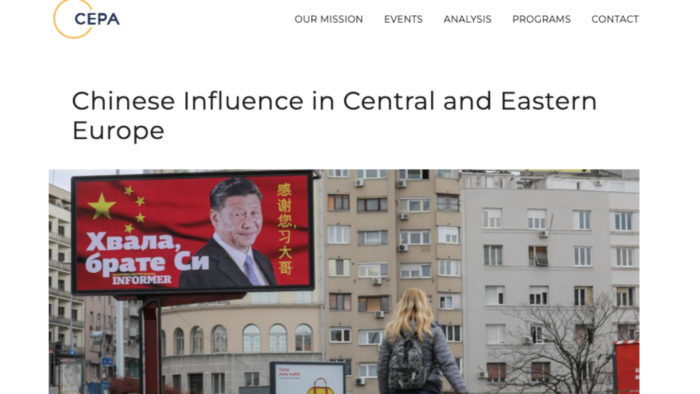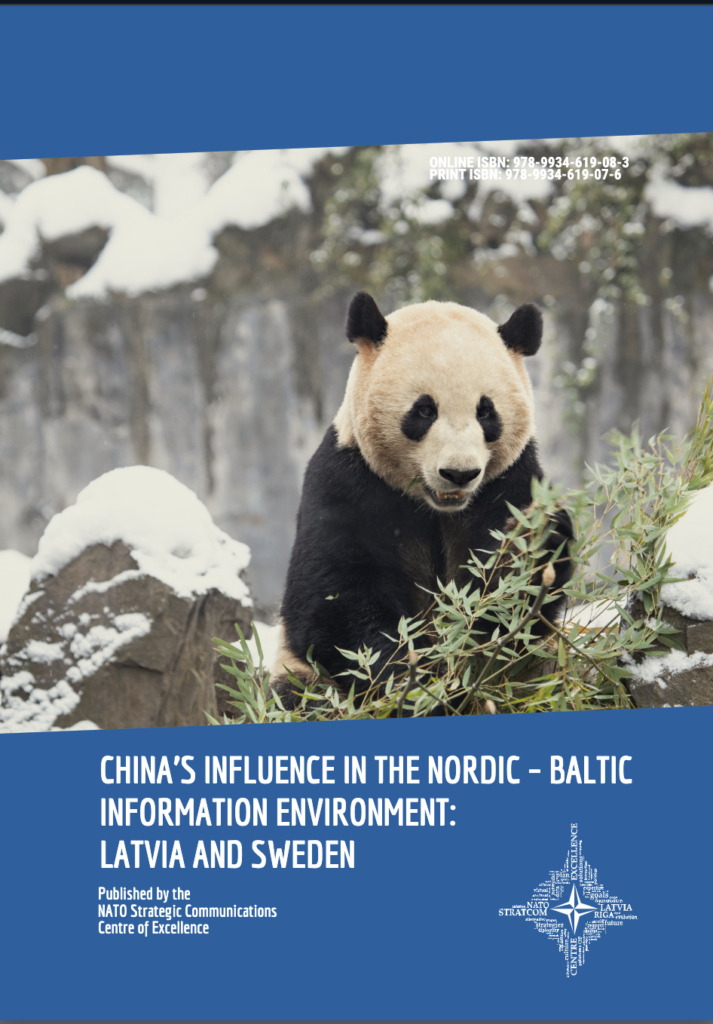The Carnegie Endowment for International Peace, a US think tank, has published a study examining China’s increasing influence in Southeastern, Central, and Eastern Europe. The report argues that China’s presence has brought socioeconomic opportunities to Georgia, Greece, Hungary, and Romania while at the same time exacerbating governance shortfalls, undermining elements of political and economic stability, and complicating the European Union’s ability to reach consensus on key issues. According to the Carnegie study:
October 13, 2021 China’s rapid global rise has created new challenges for the United States, the European Union (EU), and individual European governments. Beijing provides an alternative to the West and offers ready-made solutions to countries seeking economic development. Yet China also takes advantage of local vulnerabilities and weaknesses—such as fragile state institutions, elite capture, and weak civil society—to exert its own economic, political, and soft power influence. One region where Beijing has made significant inroads is Southeastern, Central, and Eastern Europe. For China, this region is particularly interesting as an entry point into the rest of Europe for the Belt and Road Initiative (BRI), with growth opportunities for Chinese companies and with more favorable regulatory and economic conditions than in Western Europe. […]
While China can seek to have political influence on individual countries through developing bilateral ties, it is typically more interested in leveraging political influence to have a wider regional impact such as indirectly influencing European consensus and transatlantic alignment on particular issues of concern to Beijing such as human rights and the situations in the South China Sea, Hong Kong, Xinjiang, or Taiwan. For example, both Greece and Hungary have on different occasions come to China’s aid to undermine or block European Union statements on certain issues pertaining to China. […]
To varying degrees, Beijing has actively engaged in the region to foster a positive image of itself, promote its political and economic model, and shape local narratives about relations with China in all four countries. […] However, rather than trying to win hearts and minds more widely, China’s soft power efforts are mostly directed at certain key influential elites in business, politics, academia, or NGOs. Chinese Confucius Institutes and academic partnerships in all four countries tend to be small-scale, but the massive planned construction of a Fudan University campus in Hungary, if completed, would constitute a major upgrade in China’s soft power presence at a time when academic freedom in the country is already in decline.
Read the full study here.
The Carnegie report also lists the following recommendations to US, European and regional governments:
- Avoid depicting Southeastern, Central, and Eastern Europe as a Chinese Trojan
horse - Don’t overplay China’s economic influence
- Better understand local interests
- Avoid assigning strategic significance to all of China’s actions
- Promote good governance and build local resilience
- Strengthen civil society capacity
- Don’t overfocus on soft power
- Be present and provide alternatives
- Hold Orbán and his cronies accountable
- Leverage Western attractiveness
- Reassure smaller states that the West has a lot to offer
- Deny China diplomatic openings












